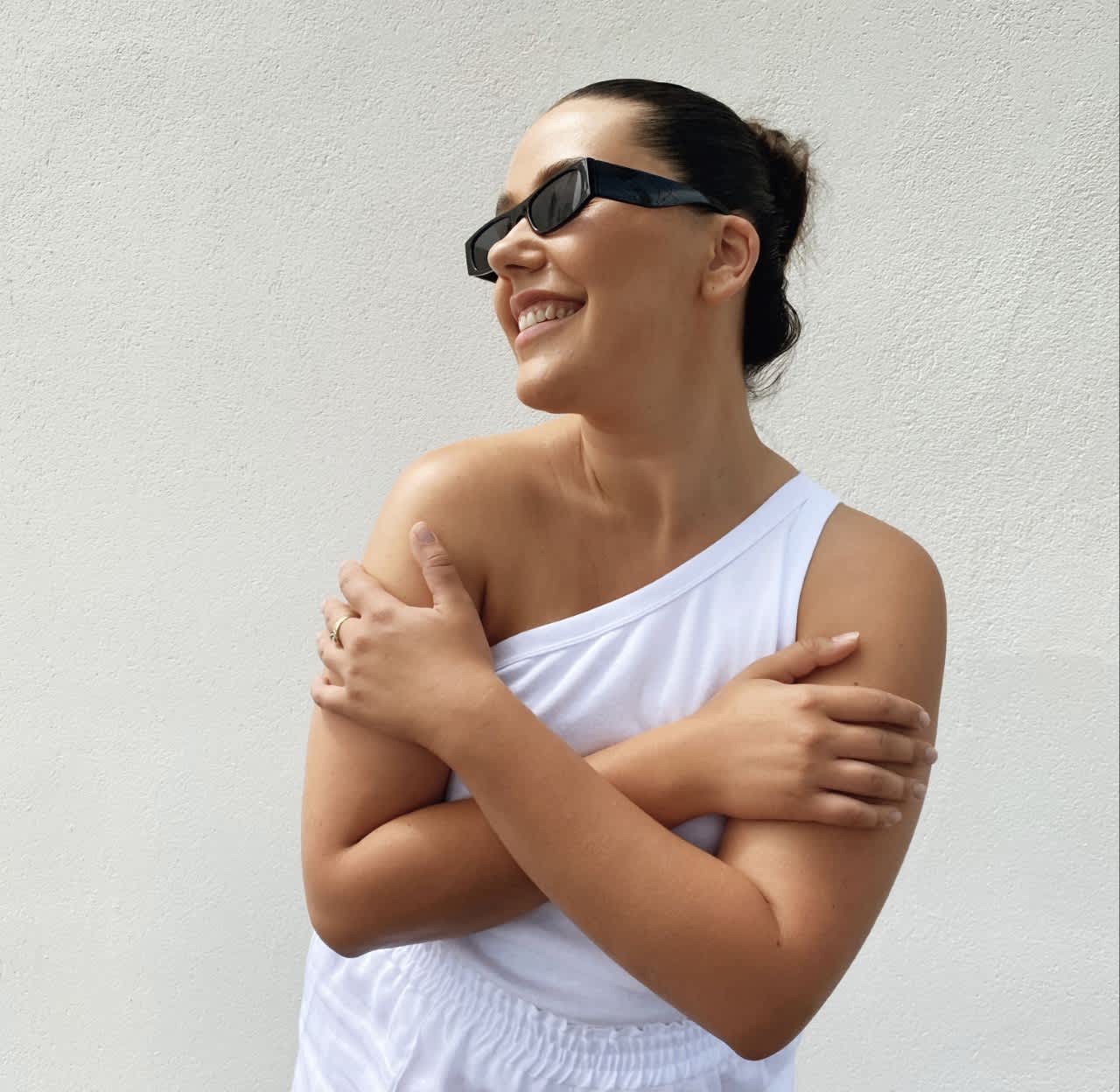
- POPSUGAR Australia
- Living
- We’ve Never Been More Connected, So Why Are We Feeling Lonelier Than Ever?
We’ve Never Been More Connected, So Why Are We Feeling Lonelier Than Ever?

It’s true that in a way, we’re connected all the time. Social media and the internet provide us with real-time updates, and now, we can’t look away.
Sometimes I think it must’ve been relaxing to not know what was going on around the world until about a day after it happened. Imagine waking up not knowing that a celebrity has been cancelled or that another state is going into lockdown before you get out of bed in the morning. You get to choose how you want to start the day all on your own.
Although the evolving world of the internet and social media have allowed for undeniable societal growth, there is absolutely a part of me that feels as though I’d be more content without them.
Perhaps it’s just that ignorance really can be bliss. When it comes to things like climate change and gender equality, ignorance is the enemy and I am an advocate for aggressive change. But, when it comes to things like scrolling down my Instagram feed and feeling as though I don’t know who my friends are anymore, I think ignorance could be quite nice.
Recent insights released from the headspace National Youth Mental Health Survey, show more than one in two young people (54%) feel a sense of loneliness, an increase from 2018’s 49%.
Their data reveals that there’s an increase in the proportion of young people who feel they lack companionship and feel isolated, despite being glued to a device that connects them with millions of others.
But that’s the thing about online connection; it’s not physical. No matter how good we become at connecting people via emojis and regardless of how snazzy the dating apps get, there’s still a level of human connection that we need on a purely physical level.
Also, don’t you ever feel like going on your phone and stepping into other people’s lives for a moment can make you feel more alone? Things on social media are often so colourful and fun and expensive, that it’s actually more of an escapism platform than it is a place to connect with like-minded individuals.
Then, of course, there’s the harsh — and sometimes still surreal — reality that we’re living in the time of a pandemic.
Many of us have never experienced isolation to this extent before: without being able to travel, having rules around everyday activities, feeling confined by a government and having to surrender to the powers above us and trust they make decisions that will keep us safe.
It’s really a scary time. I don’t know about you, but I am super grateful for subscription streaming services and the never-ending overflow of incredible films and TV shows that have been there to distract me at the worst of times.
But then, I can’t help but wonder if we’d feel less isolated without a constant reminder that there’s a whole world out there?
With the knowledge of all these opportunities, jobs in different countries, places to go, people to visit, experiences to be had, perhaps we actually feel more helpless than ever.
headspace CEO Jason Trethowan says the findings make it clear that young people are living through a very challenging time.
“Even with increases in online activity, young people report they lack companionship, feel left out and are missing out on experiences that define their youth – like meeting new people and travelling,” Mr Trethowan
says.
“We know there’s a vicious cycle where feeling isolated can impact mental health, which in turn leads to further social withdrawal and poorer mental health.”
What we’re missing is the spontaneity, that inspiring feeling of “there’s so much out there for us” because we don’t know when this will all be over and it’s exhausting to keep feeling hopeful, only to be disappointed.
headspace National Clinical Advisor, Rupert Saunders, recommends exploring different opportunities for connection.
“We’re not only talking about sharing the company of other people. It’s also about feeling understood and supported, which are just as important for mental wellbeing.
“This can be more challenging as we go into the colder months and face the possibility of ongoing COVID restrictions. Maintaining connection while adjusting to our new normal should be a top priority for all young
people.
“Finding ways to keep a daily routine with study and work, connecting with family and friends and reaching out for additional help are some of the small steps that can make a big difference.
“We know the pandemic has caused many young people to feel a sense of uncertainty about the future but the right strategies and support can be extremely effective in helping manage this.”
I think the biggest takeaway from this, is that we need to get a bit old-fashioned with it. I know it can be hard to feel like you have the energy for phone calls, but trust me, they’re rewarding.
Call instead of text. Bake something delicious and deliver some to all of your friends. Exercise your creative side, whether it be cooking, crafting, dance workouts… and do it with friends.
Imagine your eight-year-old self. When you had your best friend over for an after-school play date, what did you do?
For me, it was dance routines to Nikki Webster’s Strawberry Kisses and baking cupcakes.
Now, find a friend and do a version of a play-date with them and we reckon you’re guaranteed to feel at least 10% less lonely.
If you or someone you know is feeling disconnected or going through a tough time, visit headspace.org.au to access many resources and support.


